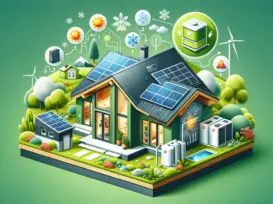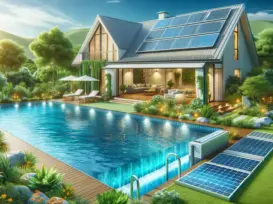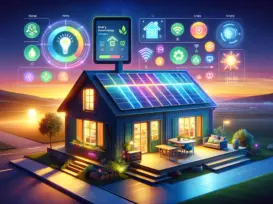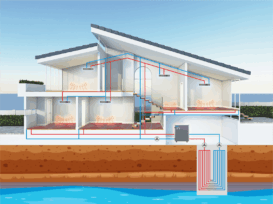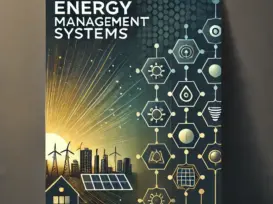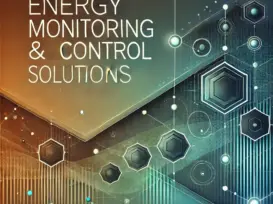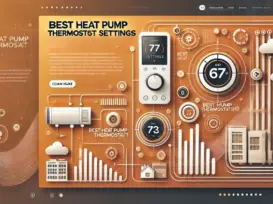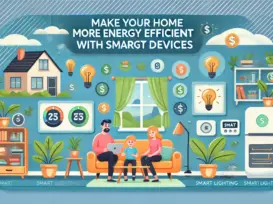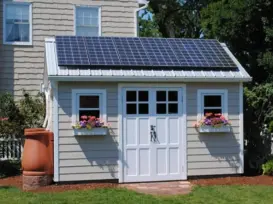Grus Home Energy - Energy Efficiency
Energy efficiency in homes involves using technology and practices to reduce energy consumption while maintaining comfort and functionality. By incorporating smart devices, better insulation, and energy-efficient appliances, households can lower their energy bills and minimize environmental impact. Improving energy efficiency not only saves money but also contributes to a sustainable and eco-friendly lifestyle.
Maximizing Sustainability: Innovative Strategies for Enhancing Energy Efficiency
In the modern era, energy efficiency has become a paramount concern for businesses, governments, and environmentally conscious individuals alike. With the growing understanding of climate change and its potential impacts, the imperative to reduce energy consumption and carbon footprints has never been more critical. Energy efficiency refers to the method of using less energy to perform the same task, thereby eliminating energy waste. This concept is not only a cornerstone of environmental stewardship but also a smart economic practice that can lead to significant cost savings over time.
Implementing energy-efficient technologies and practices can take various forms, from simple behavioral adjustments to the adoption of cutting-edge innovations. One of the most straightforward strategies is the optimization of lighting systems. The transition from traditional incandescent bulbs to Light Emitting Diodes (LEDs) and Compact Fluorescent Lights (CFLs) can result in substantial energy savings. These modern lighting solutions use significantly less electricity and have a longer lifespan than their outdated counterparts.
Beyond lighting, significant efficiency gains can be achieved in heating, ventilation, and air conditioning (HVAC) systems. Modern HVAC systems are designed to use energy more judiciously, with features like programmable thermostats, improved insulation, and energy recovery ventilators. These systems not only reduce energy consumption but also enhance indoor air quality and provide a more comfortable living and working environment.
Another area ripe for energy efficiency improvements is the realm of appliances and electronics. Energy Star certified products, for instance, meet stringent energy efficiency guidelines set by the U.S. Environmental Protection Agency. From refrigerators to computer monitors, opting for Energy Star rated appliances can result in considerable energy savings. Furthermore, the integration of smart power strips and energy management systems can help eliminate ‘phantom loads’ – the energy consumed by electronics even when they are turned off or in standby mode.
Industrial processes and manufacturing are also key sectors where energy efficiency can be greatly enhanced. Innovative technologies like variable speed drives on motors, high-efficiency boilers, and heat recovery systems can dramatically reduce energy consumption in these industries. Moreover, businesses can employ energy audits and management practices to identify inefficiencies and develop targeted strategies to curb energy waste.
On a larger scale, urban planning and public transportation systems offer potent opportunities for improving energy efficiency. Well-designed cities that promote the use of public transit, cycling, and walking can significantly reduce reliance on personal vehicles, thus decreasing fossil fuel consumption. Investment in electric buses, trains, and the infrastructure for alternative fuels like hydrogen can transform the transportation sector into a beacon of energy efficiency.
Finally, the role of renewable energy sources, such as solar, wind, and hydroelectric power, cannot be overstated in the quest for energy efficiency. When combined with energy storage systems, renewables can provide a consistent, sustainable supply of electricity while reducing dependence on fossil fuels. By incorporating microgrids and smart grid technology, we can ensure that the generation, distribution, and consumption of energy are managed in the most efficient way possible.
In conclusion, the pursuit of energy efficiency is a multifaceted endeavour that requires a combination of technology, policy, and behavior change. It is not just about saving energy, but also about creating a sustainable future. Through the collective efforts of individuals, businesses, and governments, energy efficiency can lead to a cleaner environment, a stronger economy, and a better quality of life for all.
Blog, Smart Home Automation , April 18, 2024 , Energy Efficiency, Home automation, Home Energy Management, Smart Thermostats
Blog, Smart Home Automation , June 27, 2024 , BMS, EMCS, Energy Efficiency, Energy Monitoring and Control Solutions, HVAC
Blog, Energy Savings & Cost Reduction , July 7, 2024 , 26°C, Energy Efficiency, heat pump, smart home control, smart thermostat, thermostat settings
©2025 All Rights Reserved. Grus IoT Co.,Ltd.
